
Orhei: A Hidden Gem in Moldova's Heartland
Orhei is a captivating town in Moldova that offers a unique blend of history, culture, and natural beauty. Nestled along the Răut River, Orhei is best known for its archaeological complex, Orheiul Vechi, which is a treasure trove of ancient ruins and monasteries carved into limestone cliffs. This open-air museum provides a fascinating glimpse into the region's past, dating back to the Dacian and medieval periods. Beyond its historical allure, Orhei boasts stunning natural landscapes. The verdant hills and meandering river create a picturesque backdrop that is perfect for hiking, picnicking, or simply unwinding in nature. The town itself is charming, with its quaint streets, colorful houses, and welcoming locals who are always eager to share their stories and traditions. Food lovers will be delighted by Orhei's culinary scene, which offers a taste of authentic Moldovan cuisine. From hearty soups and savory pastries to locally-produced wines, the flavors here are both rich and diverse. Don’t miss the chance to visit local wineries and sample some of the region's finest vintages.
Local tips in Orhei
- Visit Orheiul Vechi early in the morning to avoid crowds and enjoy the serene atmosphere.
- Wear comfortable shoes as exploring the archaeological site involves quite a bit of walking.
- Try the local wines at the nearby wineries, some of which offer guided tours and tastings.
- Learn a few basic phrases in Romanian to connect better with the locals.
- Bring cash, as some smaller shops and eateries may not accept credit cards.
Orhei: A Hidden Gem in Moldova's Heartland
Orhei is a captivating town in Moldova that offers a unique blend of history, culture, and natural beauty. Nestled along the Răut River, Orhei is best known for its archaeological complex, Orheiul Vechi, which is a treasure trove of ancient ruins and monasteries carved into limestone cliffs. This open-air museum provides a fascinating glimpse into the region's past, dating back to the Dacian and medieval periods. Beyond its historical allure, Orhei boasts stunning natural landscapes. The verdant hills and meandering river create a picturesque backdrop that is perfect for hiking, picnicking, or simply unwinding in nature. The town itself is charming, with its quaint streets, colorful houses, and welcoming locals who are always eager to share their stories and traditions. Food lovers will be delighted by Orhei's culinary scene, which offers a taste of authentic Moldovan cuisine. From hearty soups and savory pastries to locally-produced wines, the flavors here are both rich and diverse. Don’t miss the chance to visit local wineries and sample some of the region's finest vintages.
When is the best time to go to Orhei?
Iconic landmarks you can’t miss
OrheiLand
Experience thrilling rides, relaxing green spaces, and natural beauty at Moldova's largest amusement park, OrheiLand!
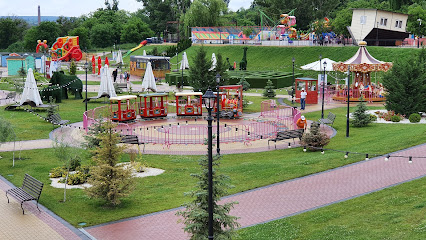
Eternity Memorial Complex
A solemn and beautiful memorial in Chișinău honoring Moldova's heroes and offering a peaceful space for reflection.
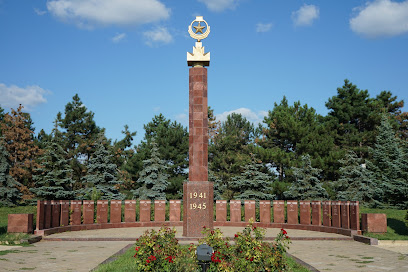
Curchi Monastery
Discover Curchi Monastery in Moldova: a serene Orthodox sanctuary with stunning architecture and a rich history nestled in picturesque Orhei region.
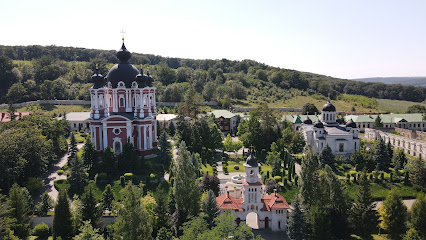
Orheiul Vechi Cultural and Natural Reserve
Discover Moldova's ancient heart at Orheiul Vechi: Explore cave monasteries, fortresses, and breathtaking landscapes in this historical and natural reserve.
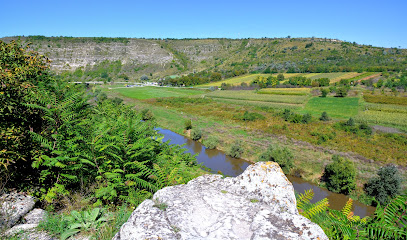
Vasile Lupu monument
Discover the Vasile Lupu Monument in Orhei, Moldova: a cultural landmark honoring a 17th-century prince and the region's rich history.
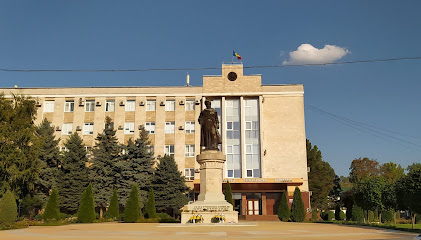
Parcul Ivanos
Discover Parcul Ivanos in Orhei: A serene escape with lush landscapes, musical installations, and a vibrant community atmosphere.
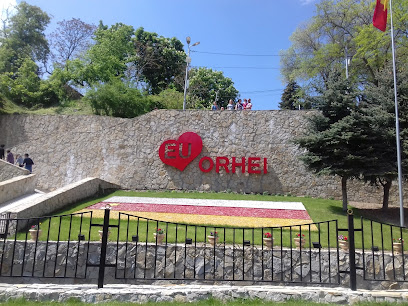
Chateau Vartely
Discover award-winning Moldovan wines at Chateau Vartely, offering tours, tastings, and a picturesque escape in the heart of wine country.
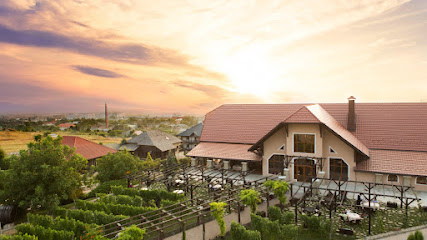
Cave Monastery
Explore the ancient Cave Monastery in Butuceni, Moldova, a unique spiritual site carved into cliffs with stunning views of the Raut River valley.
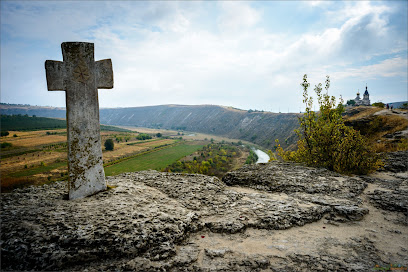
Codrii Orheiului
Discover Codrii Orheiului, Moldova's serene forest with scenic trails, rich biodiversity, historical sites, and a peaceful escape into nature.
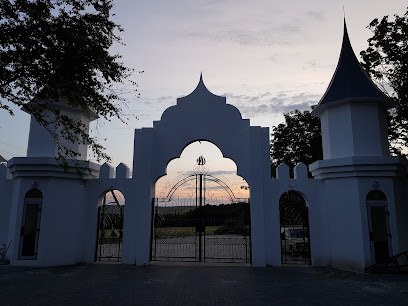
Vila Roz
Experience Moldovan hospitality at Vila Roz, a charming guesthouse near Old Orhei, offering traditional cuisine and a tranquil rose garden retreat.
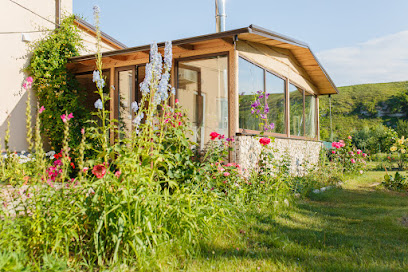
Manor of the Balioz family
Discover the architectural elegance and historical charm of the Balioz Family Manor in Ivancea, a cultural gem in the heart of Moldova.
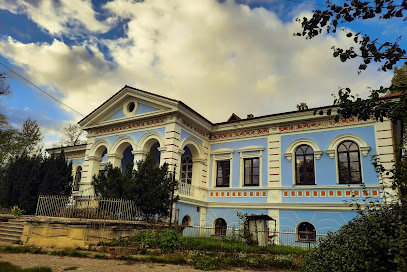
Oak of Stephen the Great in Scoreni
Discover the ancient Oak of Stephen the Great in Scoreni, a symbol of Moldovan history and resilience, offering a peaceful retreat.
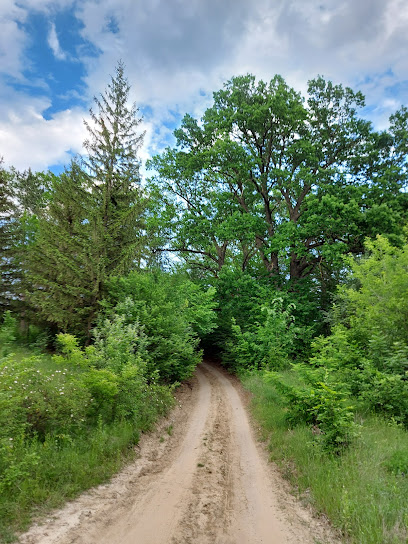
Old Orhei
Explore Old Orhei, Moldova's breathtaking archaeological site, where history and natural beauty converge in a captivating landscape.
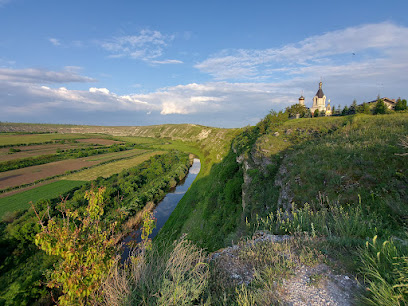
Viewpoint towards Old Orhei
Experience breathtaking panoramic views of Moldova's ancient Orheiul Vechi, where history and natural beauty converge.
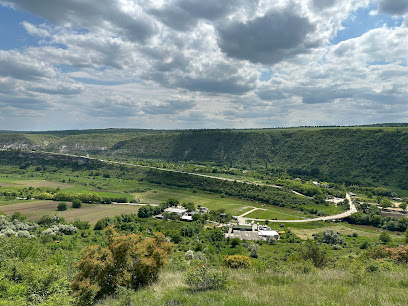
St. Dumitru Church
Discover the historic St. Dumitru Church in Orhei, Moldova, showcasing Byzantine architecture and rich religious art from the 17th century.
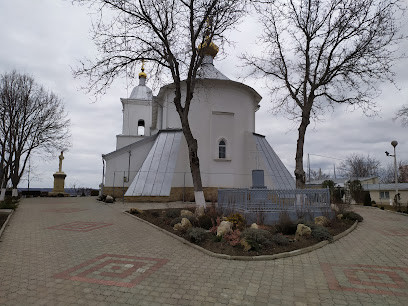
Unmissable attractions to see
Valea Morilor Park
Discover the tranquility and vibrant atmosphere of Valea Morilor Park in Chișinău, a perfect escape for relaxation and outdoor adventures.
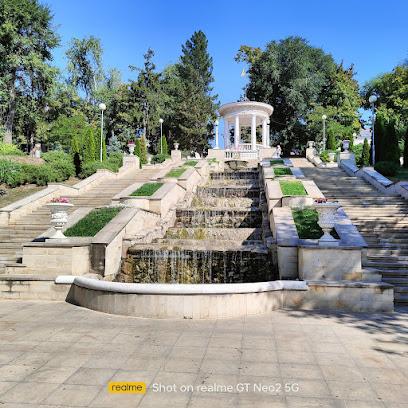
Stephen the Great Central Park
Discover the lush landscapes and rich history of Stephen the Great Central Park in Chișinău, a perfect blend of nature and culture.
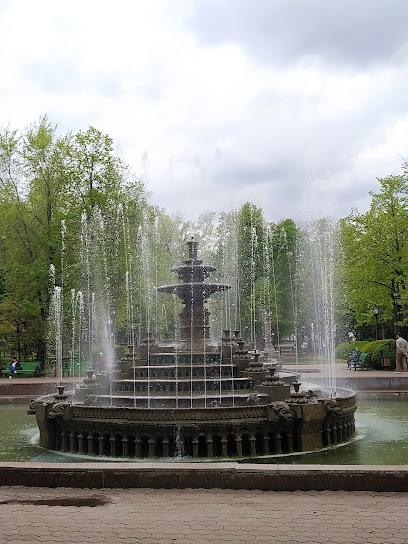
Cathedral Park
Explore the lush beauty and cultural vibrancy of Cathedral Park, an urban oasis in Chișinău, Moldova, perfect for relaxation and leisure.
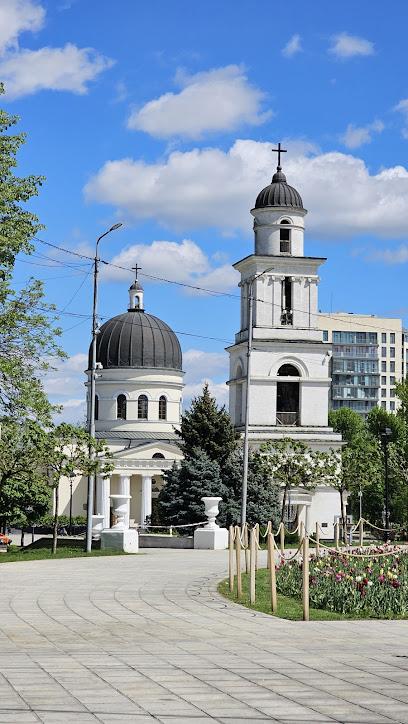
Dendrariu Park
Discover the beauty of Dendrariu Park in Chișinău, a serene urban oasis ideal for relaxation, recreation, and nature exploration.
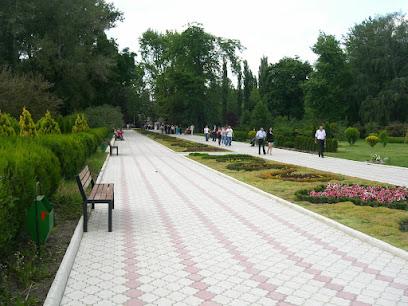
OrheiLand
Experience the excitement of OrheiLand, a top amusement park in Moldova, where thrilling rides and family fun await you.
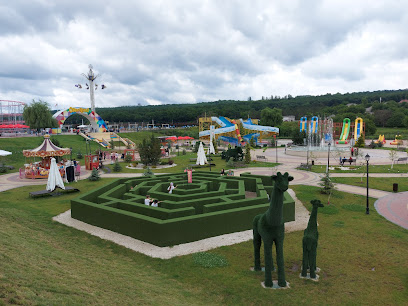
Eternity Memorial Complex
Discover the Eternity Memorial Complex in Chișinău, a serene memorial park honoring Moldova's history and the sacrifices made for peace and freedom.
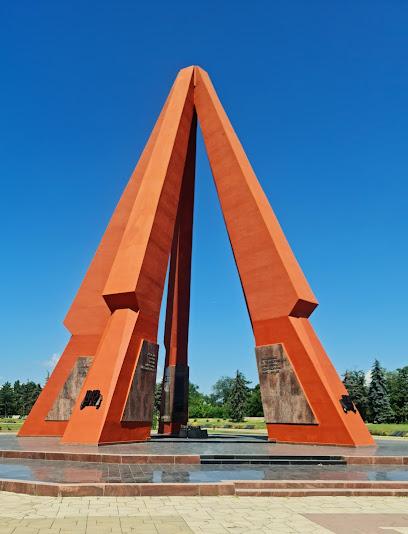
National Museum of Ethnography and Natural History
Explore the National Museum of Ethnography and Natural History in Chișinău for a captivating glimpse into Moldova's cultural and natural heritage.
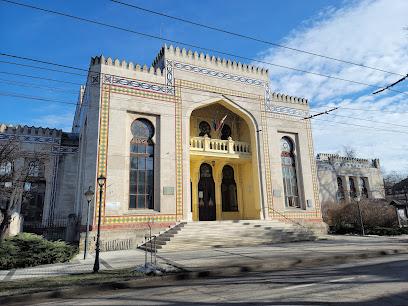
National History Museum of Moldova
Discover Moldova's past through captivating exhibits at the National History Museum, a key cultural landmark in Chișinău.
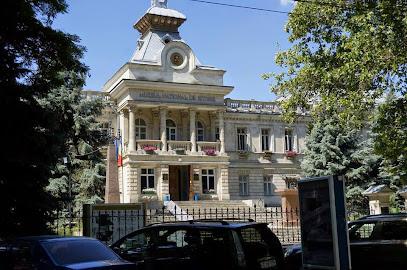
Orheiul Vechi Cultural and Natural Reserve
Explore the breathtaking landscapes and rich history of Orheiul Vechi Cultural and Natural Reserve, a hidden gem in Moldova's picturesque countryside.
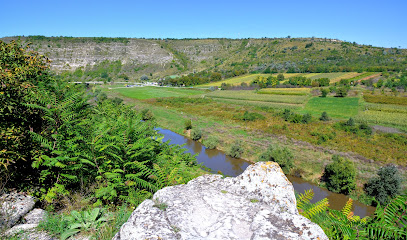
Căpriana Monastery
Discover the tranquility and history of Căpriana Monastery, one of Moldova's oldest spiritual retreats, nestled in lush landscapes.
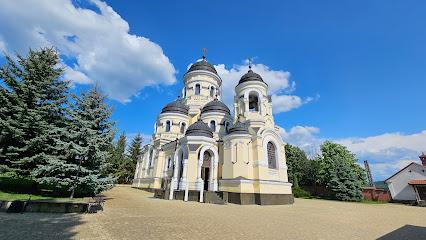
Vasile Lupu monument
Explore the Vasile Lupu Monument in Orhei, Moldova, a stunning tribute to history and culture surrounded by natural beauty.
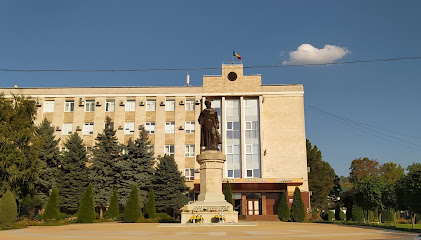
Maria Bieșu National Opera and Ballet Theatre
Discover the artistic brilliance of the Maria Bieșu National Opera and Ballet Theatre in Chișinău, where every performance is a celebration of culture and creativity.
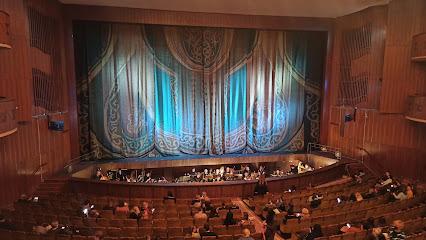
Mihai Eminescu National Theatre
Experience the vibrant cultural scene at the Mihai Eminescu National Theatre, a landmark of Chișinău showcasing Moldova's artistic heritage.
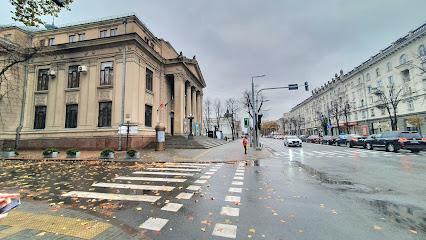
Metropolitan Cathedral of Christ's Nativity
Explore the exquisite Metropolitan Cathedral of Christ's Nativity in Chișinău, a neoclassical masterpiece and spiritual haven.
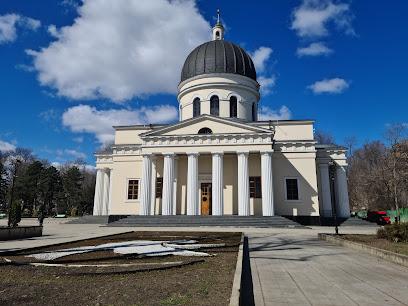
Village Museum
Discover the heart of Moldova's rural heritage at the Village Museum in Chișinău, showcasing traditional architecture and local crafts.
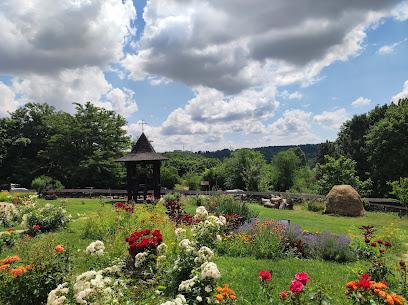
Essential places to dine
Dolce Vita
Discover Dolce Vita - Your Gateway to Authentic Pizza and Italian Flavors in Orhei.
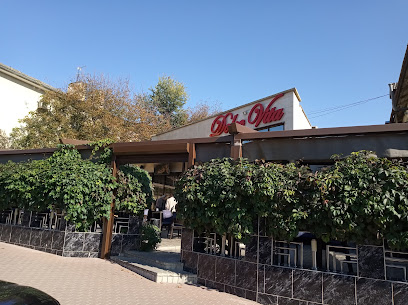
Acropolis
Experience authentic Moldovan cuisine at Acropolis in Orhei – where every meal tells a story of tradition and flavor.
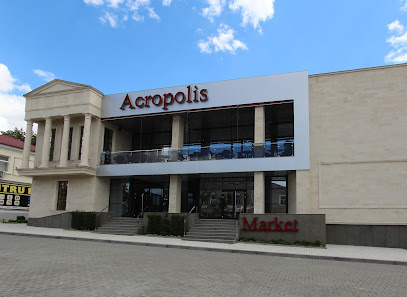
Safari
Experience authentic Moldovan cuisine at Safari Restaurant in Orhei - where tradition meets taste in a delightful setting.
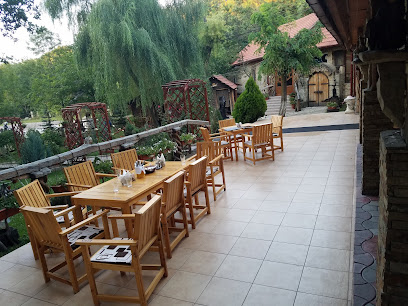
Pizza Family
Discover Pizza Family in Orhei - where authentic flavors meet warm hospitality in a cozy restaurant atmosphere.
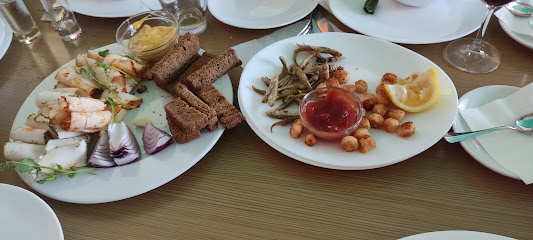
LA STRADA
Discover the authentic taste of Moldova at La Strada in Orhei, where traditional flavors meet warm hospitality.
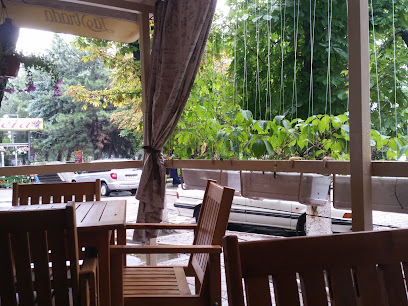
Pizza Mania
Discover authentic pizza delights at Pizza Mania in Orhei, Moldova – where fresh ingredients meet friendly service.
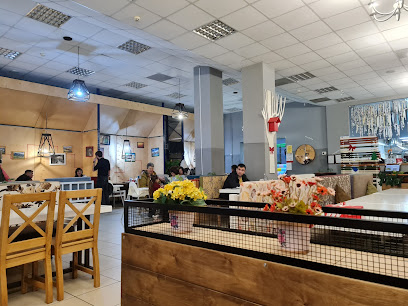
Forte Pizza
Experience the authentic taste of Italy at Forte Pizza in Orhei – where every slice tells a story!
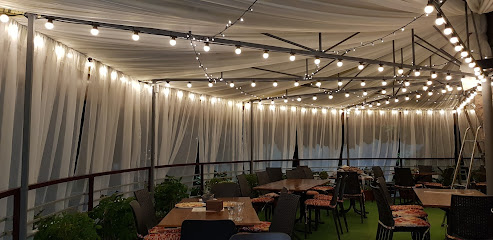
Ellada
Experience authentic Moldovan cuisine at Ellada in Orhei - where tradition meets modern culinary art.
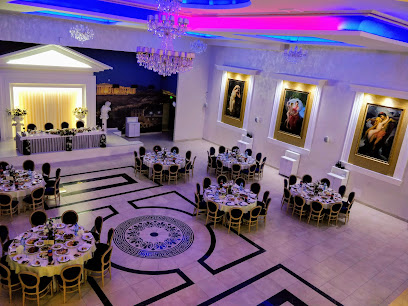
Select Lounge
Discover the exquisite flavors of Moldova at Select Lounge in Orhei – where local tradition meets culinary innovation.
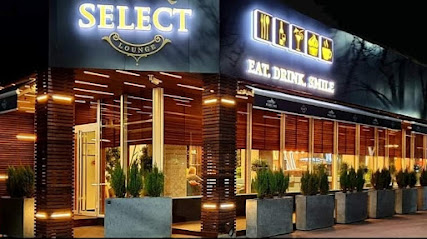
Tik Tok Burger
Discover the vibrant flavors of Orhei at Tik Tok Burger – where delicious fast food meets local charm.
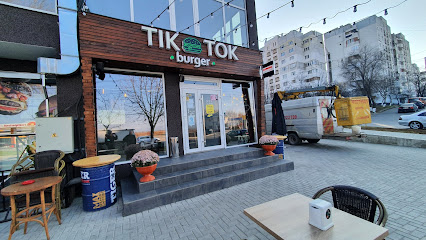
SAMURAI SUSHI & ROLLS TERRACE Orhei
Experience authentic Japanese cuisine at Samurai Sushi & Rolls Terrace in Orhei—where flavor meets artistry.
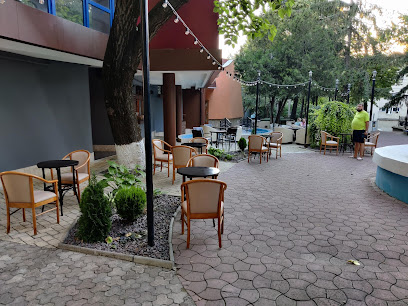
Restaurant Orhei
Discover authentic Moldovan flavors at Restaurant Orhei, where local ingredients meet traditional recipes in a warm and inviting atmosphere.
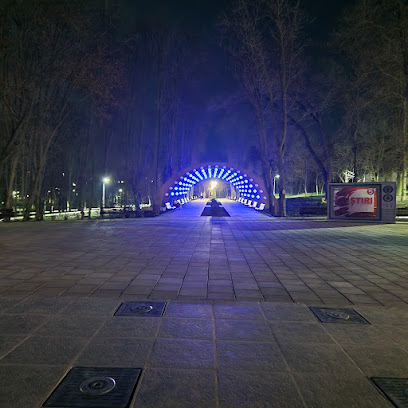
Hangar
Discover Hangar in Orhei: Where culinary delights meet vibrant nightlife for an unforgettable experience.
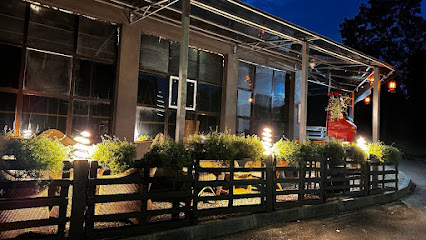
Me Gusta
Discover the culinary delights at Me Gusta in Orhei – where traditional grilling meets modern dining.
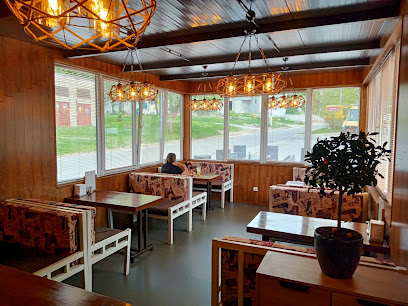
The Grill Beer & BBQ
Experience authentic Moldovan flavors at The Grill Beer & BBQ – where grilling meets great atmosphere in Orhei.
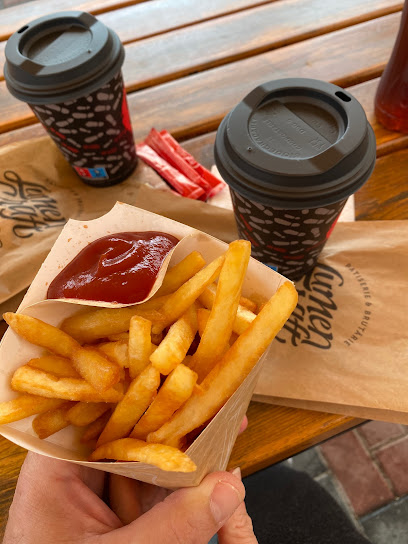
Markets, malls and hidden boutiques
Pici si Mamici
Discover stylish children's fashion and family-friendly shopping at Pici si Mamici in Orhei, Moldova, where every outfit tells a story.
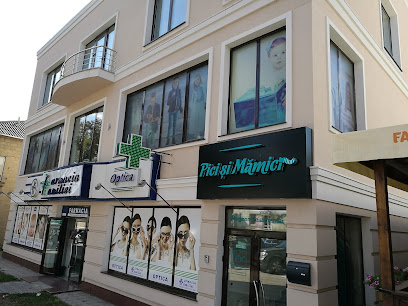
CLIMATEC Orhei
Explore unique home goods and local crafts at CLIMATEC Orhei, a must-visit destination for tourists in Moldova's charming city of Orhei.
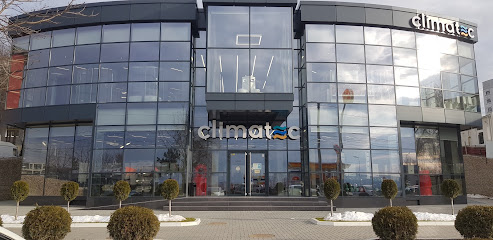
Azart
Discover stylish fashion finds at Azart, the premier clothing and outlet store in Orhei, Moldova, offering quality apparel at unbeatable prices.
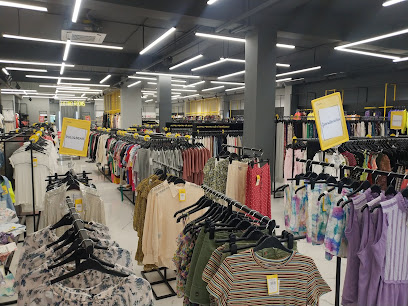
Top Shop Orhei
Explore Top Shop Orhei, where Moldovan craftsmanship meets modern design in a stylish furniture shopping experience.
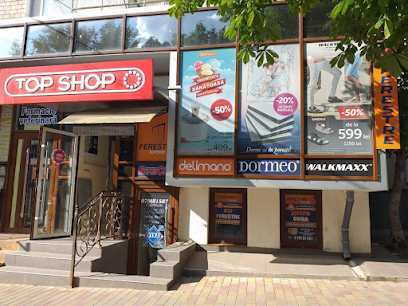
Family market
Experience the heart of Orhei at the Family Market, where local flavors and traditions meet in a lively shopping atmosphere.

VisMart
Discover unique Moldovan crafts and fashion at VisMart, a charming boutique in Orhei that offers a taste of local culture and craftsmanship.
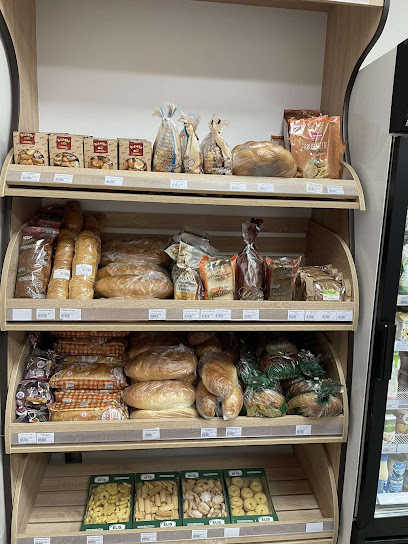
PANILINO
Explore the vibrant selection at Panilino, your go-to supermarket in Orhei, Moldova, for local and international products!

Magazinul Albinuta
Experience the sweetness of Moldova at Magazinul Albinuta, your go-to destination for exquisite honey and local delicacies.

Магазин Telemarket.md or. Orhei str. Vasile Lupu 27
Explore Telemarket in Orhei for quality home goods that capture the essence of Moldovan craftsmanship and culture.
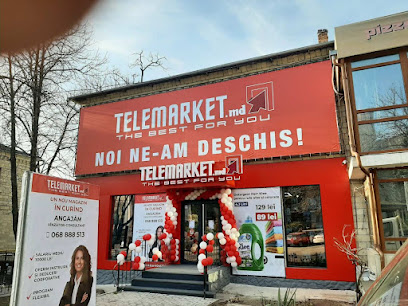
Orheianca - Cadouri și Surprize în Orhei
Explore Orheianca for exquisite flowers and unique gifts that capture the beauty of Moldova, perfect for any occasion or as a cherished souvenir.
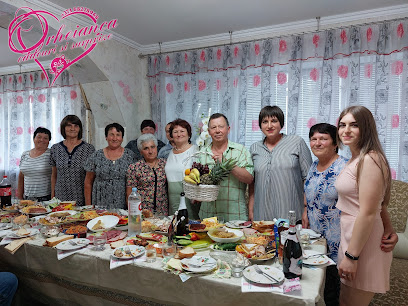
GLOBAL
Explore a stylish selection of clothing and accessories at Orhei's top clothing store, offering unique pieces for every fashion enthusiast.
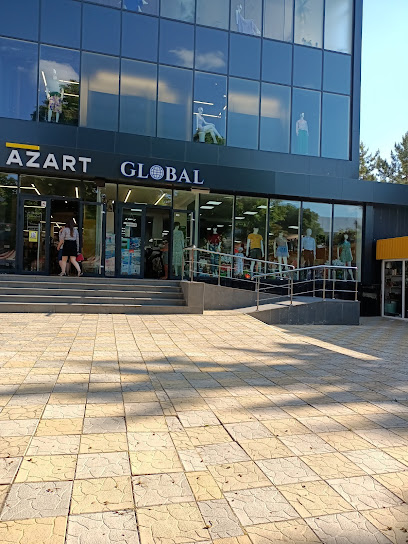
Magazin de fructe și legume
Explore the vibrant offerings of fresh fruits and vegetables at Magazin de Fructe și Legume in Orhei, a local gem for culinary enthusiasts.
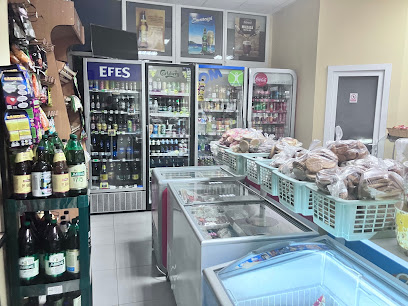
Family Market
Discover the authentic flavors of Moldova at Family Market, a local supermarket in Orhei offering fresh produce and traditional delicacies.

Magazin alimentar / panificații Brodețchi
Discover the flavors of Moldova at Brodețchi Grocery Store in Orhei, where local produce and traditional baked goods await your taste.
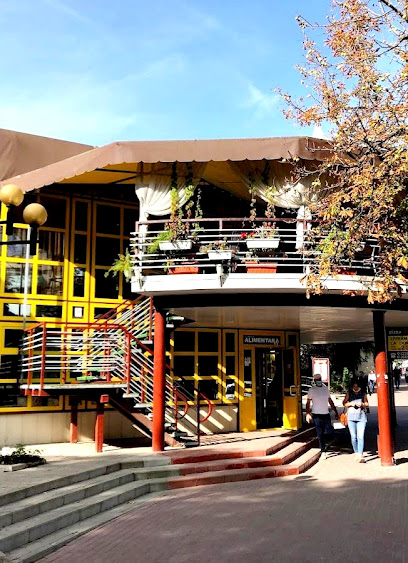
ghervisav.md
Explore the essence of Moldovan culture at Orhei's charming local store, where tradition meets authenticity in every product.

Essential bars & hidden hideouts
Dolce Vita
Experience authentic Italian pizza at Dolce Vita in Orhei, Moldova, where culinary art meets cozy dining for all pizza lovers.
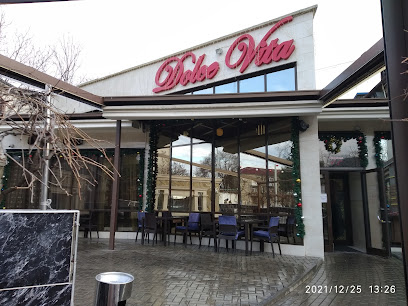
Acropolis
Experience the rich flavors of Moldova at Acropolis, a must-visit restaurant in Orhei for every food-loving traveler.
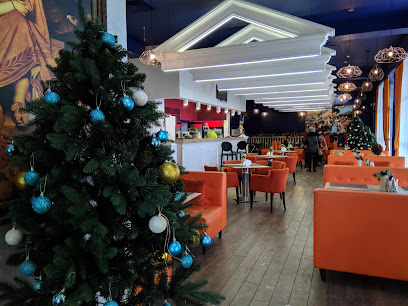
Chateau Vartely
Discover the enchanting Chateau Vartely, where exquisite wines, delightful cuisine, and stunning landscapes await every visitor.
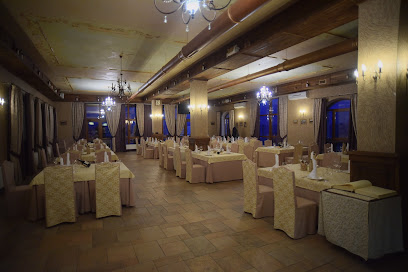
Safari
Experience the essence of Moldovan cuisine at Safari in Orhei, where every dish tells a story of tradition and flavor.
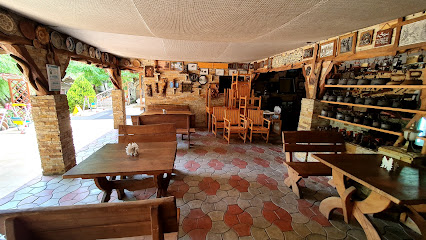
Select Lounge
Discover the exquisite flavors of Moldova at Select Lounge, Orhei's top restaurant for a delightful dining experience.
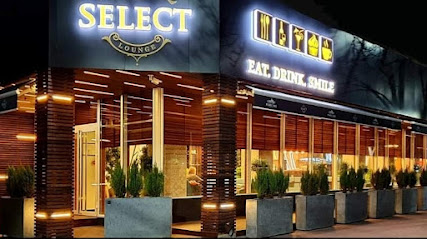
Le Café
Experience the warmth of Moldovan hospitality at Le Café in Orhei, a cozy spot for delicious food and delightful drinks.
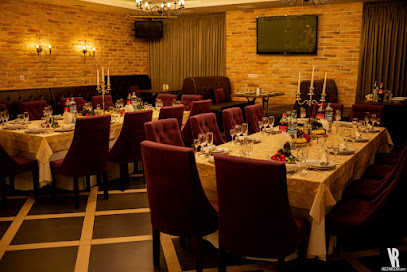
Berăria La Hîncu
Discover the essence of Moldovan culture at Berăria La Hîncu, where craft beer meets traditional cuisine in a welcoming brewpub setting.
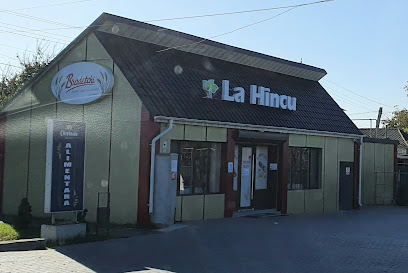
Diez Café
Experience the best of Moldovan cuisine at Diez Café, a cozy restaurant in Orhei offering fresh, delicious dishes and a warm atmosphere for all.
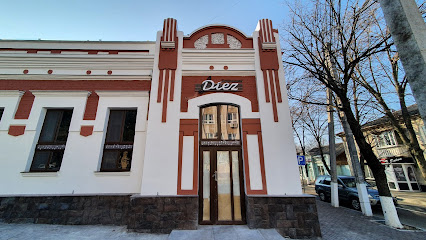
Hangar
Experience the vibrant nightlife and delicious dining at Hangar in Orhei, Moldova – a must-visit destination for food lovers and party enthusiasts.
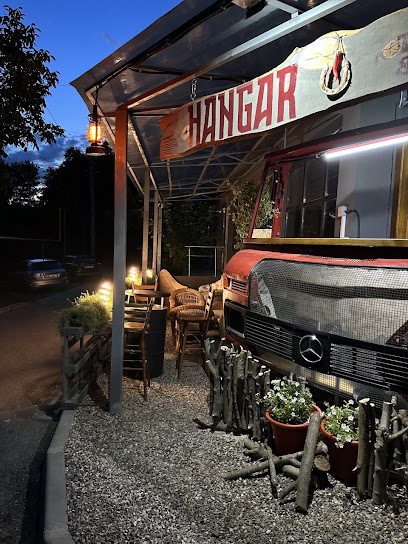
Me Gusta
Discover the best of grill and bar dining at Me Gusta in Orhei, where local flavors meet a vibrant atmosphere.
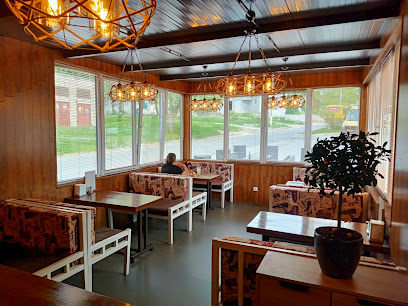
Bere Bună
Discover Bere Bună in Orhei, a cozy bar offering a taste of Moldova's vibrant culture and delightful local drinks in a welcoming atmosphere.

Garage
Experience the authentic Moldovan atmosphere at Garage Bar, where refreshing drinks meet local culture in the heart of Orhei.
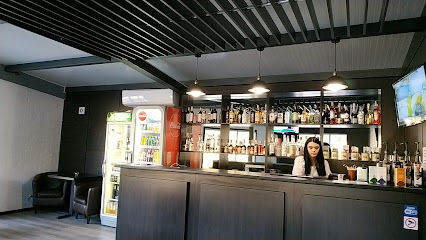
VinBere
Experience the best of Moldovan wines and spirits at VinBere, Orhei's charming bar for relaxation and local flavors.
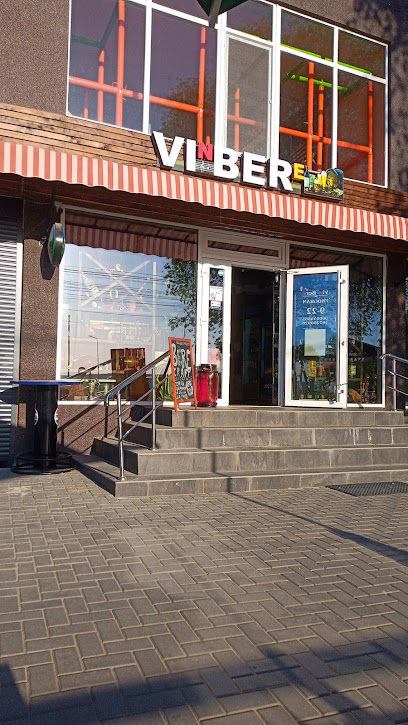
NIPPON SUSHI
Discover authentic Japanese sushi at Nippon Sushi in Orhei, Moldova, where every bite is a journey through flavor and tradition.
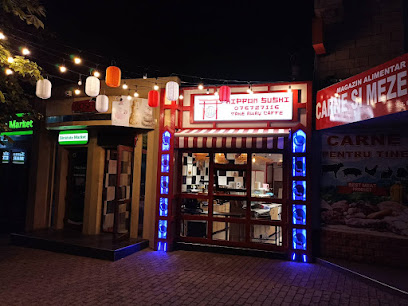
Local Phrases
-
- HelloBună ziua
[Boo-nuh zee-wah] - GoodbyeLa revedere
[La re-veh-deh-reh] - YesDa
[Dah] - NoNu
[Noo] - Please/You're welcomeTe rog
[Te rohg] - Thank youMulțumesc
[Mool-tsoo-mesk] - Excuse me/SorryScuzați-mă
[Scoo-zah-tzuh-muh] - How are you?Ce faci?
[Cheh fahch] - Fine. And you?Bine. Și tu?
[Bee-neh. Shee too] - Do you speak English?Vorbiți engleză?
[Vor-beetz eng-leh-zuh] - I don't understandNu înțeleg
[Noo in-tseh-leg]
- HelloBună ziua
-
- I'd like to see the menu, pleaseAș dori să văd meniul, vă rog
[Ush doh-ree suh vuhd meh-nyool, vuh rohg] - I don't eat meatNu mănânc carne
[Noo muh-nuhnk kahr-neh] - Cheers!Noroc!
[Noh-rohk] - I would like to pay, pleaseAș dori să plătesc, vă rog
[Ush doh-ree suh pluh-tesk, vuh rohg]
- I'd like to see the menu, pleaseAș dori să văd meniul, vă rog
-
- Help!Ajutor!
[Ah-yoo-tohr] - Go away!Du-te!
[Doo-teh] - Call the Police!Sunați Poliția!
[Soo-nuhts poh-leet-zee-ah] - Call a doctor!Sunați un doctor!
[Soo-nuhts oon dok-tohr] - I'm lostM-am pierdut
[Mahm pyehr-doohrt] - I'm illSunt bolnav
[Soomt bohl-nav]
- Help!Ajutor!
-
- I'd like to buy...Aș dori să cumpăr...
[Ush doh-ree suh koom-puhr] - I'm just lookingDoar mă uit
[Doh-ar muh ooit] - How much is it?Cât costă?
[Kaht kohs-tuh] - That's too expensiveEste prea scump
[Ehs-teh preh-ah skoomp] - Can you lower the price?Puteți să scădeți prețul?
[Poo-tehtz suh skuh-deh-tz preh-tzool]
- I'd like to buy...Aș dori să cumpăr...
-
- What time is it?Cât este ora?
[Kaht yeh-steh oh-rah] - It's one o'clockEste una
[Ehs-teh oo-nah] - Half past (10)Zece și jumătate
[Zeh-cheh shee joo-muh-ta-teh] - MorningDimineața
[Dee-mee-neh-tzuh] - AfternoonDupă-amiază
[Doo-puh ah-mee-ah-zuh] - EveningSeara
[Seh-ah-rah] - YesterdayIeri
[Yehr] - TodayAstăzi
[Ah-stuh-zee] - TomorrowMâine
[Muh-ee-neh] - 1Unu
[Oo-noo] - 2Doi
[Doy] - 3Trei
[Trey] - 4Patru
[Pa-troo] - 5Cinci
[Cheen-chee] - 6Șase
[Shah-seh] - 7Șapte
[Shahp-teh] - 8Opt
[Opt] - 9Nouă
[Nooh-wuh] - 10Zece
[Zeh-cheh]
- What time is it?Cât este ora?
-
- Where's a/the...?Unde este unul/o...
[Oon-deh yeh-steh oon-ool/o...] - What's the address?Care este adresa?
[Car-eh yeh-steh ah-dre-sah] - Can you show me (on the map)?Puteți să-mi arătați (pe hartă)?
[Poo-tehtz suh-mee ah-rah-tahtz (peh hahr-tuh)] - When's the next (bus)?Când este următorul (autobuz)?
[Kuhnd yeh-steh oor-muh-toh-rool (ow-toh-booz)] - A ticket (to ....)Un bilet (către ...)
[Oon bee-let (kuh-treh ...)]
- Where's a/the...?Unde este unul/o...
History of Orhei
-
Orhei's origins can be traced back to the 6th century BC, when it was established as a Geto-Dacian fortification. This early settlement laid the foundation for the area's long and storied history, serving as a crucial defensive and trade hub due to its strategic location along the Răut River.
-
During the 14th and 15th centuries, Orhei flourished as a medieval town under the rule of the Principality of Moldova. The construction of the Orheiul Vechi fortress in the 14th century marked a significant period of development. This fortress, with its robust walls and strategic positioning, protected the inhabitants from invasions and played a pivotal role in regional defense.
-
In the late 15th century, Orhei came under Ottoman control following the Battle of Valea Albă in 1476. The town's strategic importance was recognized by the Ottomans, who fortified it further. This period introduced new architectural styles and cultural influences, enriching Orhei's historical tapestry.
-
The cave monasteries of Orheiul Vechi are a remarkable aspect of Orhei's cultural heritage. Carved into limestone cliffs by monks seeking solitude and spiritual fulfillment, these monasteries date back to the 13th century. The complex includes churches, living quarters, and a network of tunnels, reflecting the area's religious and cultural significance over centuries.
-
Following the Russo-Turkish War of 1806-1812, Orhei became part of the Russian Empire. This era saw significant changes in the town's administration, infrastructure, and demographics. Russian influence brought new administrative structures and urban planning, which shaped modern Orhei's layout and development.
-
In 1940, Orhei was incorporated into the Soviet Union as part of the Moldavian SSR. The Soviet era brought industrialization and modernization, but also significant socio-political changes. The town's infrastructure was expanded, and its economy diversified, although this period was also marked by political repression and cultural shifts.
-
With the dissolution of the Soviet Union in 1991, Orhei became part of the newly independent Republic of Moldova. The town has since been navigating the challenges and opportunities of post-Soviet transition, focusing on preserving its rich cultural heritage while fostering economic development and modernization.
-
Orhei is renowned for its vibrant cultural life, with numerous festivals celebrating its heritage. The annual “Orheiul Vechi” Festival highlights traditional Moldovan music, dance, and crafts, drawing visitors from all over the region. These events are a testament to the community's dedication to preserving and promoting their historical and cultural identity.
Orhei Essentials
-
Orhei is located in the central part of Moldova. The nearest international airport is Chișinău International Airport, approximately 50 kilometers away. From Chișinău, you can take a bus or a taxi to Orhei. The journey typically takes around 1 to 1.5 hours by road. There are also minibus services (marshrutkas) that run frequently between Chișinău and Orhei.
-
Orhei is a relatively small town, and many of its attractions are within walking distance. For longer trips within the town or to nearby villages, local taxis are readily available and relatively inexpensive. Public buses and minibuses (marshrutkas) operate within Orhei and connect to surrounding areas. Renting a car is another convenient option for exploring the region at your own pace.
-
The official currency in Moldova is the Moldovan Leu (MDL). Credit cards are accepted in some hotels, restaurants, and shops, but it is advisable to carry cash, especially in smaller establishments and rural areas. ATMs are available in Orhei, but it is wise to withdraw sufficient cash in Chișinău before traveling to ensure you have enough funds.
-
Orhei is generally a safe destination for tourists. However, like any travel destination, it is advisable to take standard precautions. Avoid walking alone at night in unfamiliar areas and keep an eye on your belongings in crowded places. While there are no specific high-crime areas targeting tourists, it is always best to stay vigilant and aware of your surroundings.
-
In case of emergency, dial 112 for immediate assistance. The local police station and medical facilities are available in Orhei. It is recommended to have travel insurance that covers medical emergencies. For minor health issues, there are pharmacies in the town where you can purchase over-the-counter medications.
-
Fashion: Do dress modestly, especially when visiting religious sites. Avoid wearing revealing clothing. Religion: Do respect local customs and traditions. Always cover your head when entering churches and monasteries. Public Transport: Do be respectful and give up your seat to elderly passengers. Don't eat or drink on public transport. Greetings: Do greet people with a handshake. A slight bow of the head is also a sign of respect. Eating & Drinking: Do try local delicacies and accept food offerings graciously. Don't refuse hospitality, as it is considered impolite.
-
To experience Orhei like a local, visit the local markets where you can buy fresh produce and traditional Moldovan goods. Engage with locals, as they are often friendly and willing to share stories about the town's history and culture. Don't miss a visit to Orheiul Vechi, an archaeological complex and open-air museum that offers a glimpse into the region's rich history and stunning landscapes. For a unique experience, try local wines and traditional dishes at a family-run restaurant.
Trending Landmark in Orhei
-
OrheiLand
-
Eternity Memorial Complex
-
Curchi Monastery
-
Orheiul Vechi Cultural and Natural Reserve
-
Vasile Lupu monument
-
Parcul Ivanos
-
Chateau Vartely
-
Cave Monastery
-
Codrii Orheiului
-
Vila Roz
-
Manor of the Balioz family
-
Oak of Stephen the Great in Scoreni
-
Old Orhei
-
Viewpoint towards Old Orhei
-
St. Dumitru Church
Nearby Cities to Orhei
-
Things To Do in Chișinău
-
Things To Do in Tiraspol
-
Things To Do in Iasi
-
Things To Do in Suceava
-
Things To Do in Vinnytsia
-
Things To Do in Focsani
-
Things To Do in Chernivtsi
-
Things To Do in Khmelnytskyi
-
Things To Do in Kropyvnytskyi
-
Things To Do in Kherson
-
Things To Do in Brasov
-
Things To Do in Cherkasy
-
Things To Do in Sighisoara
-
Things To Do in Ternopil
-
Things To Do in Kryvyi Rih








